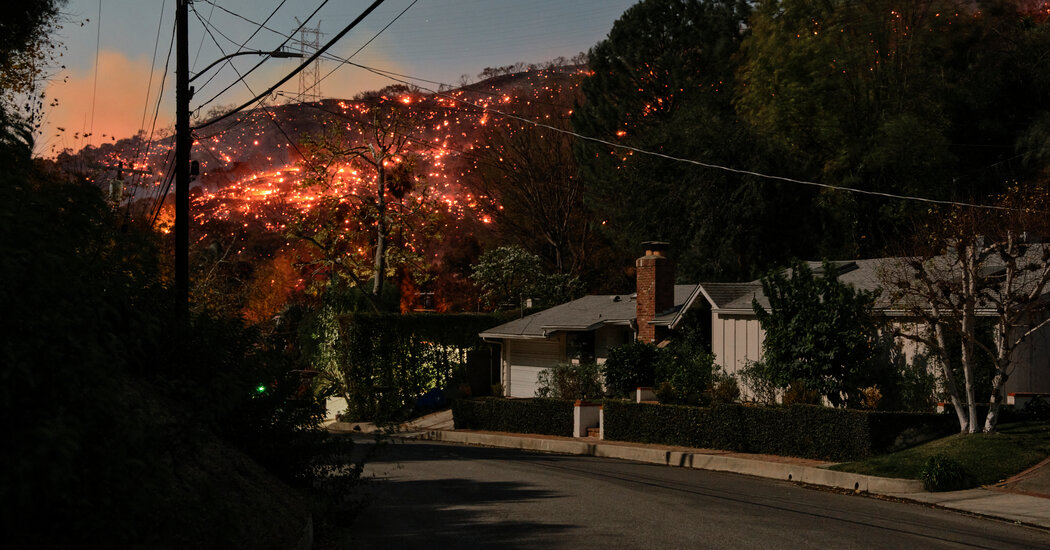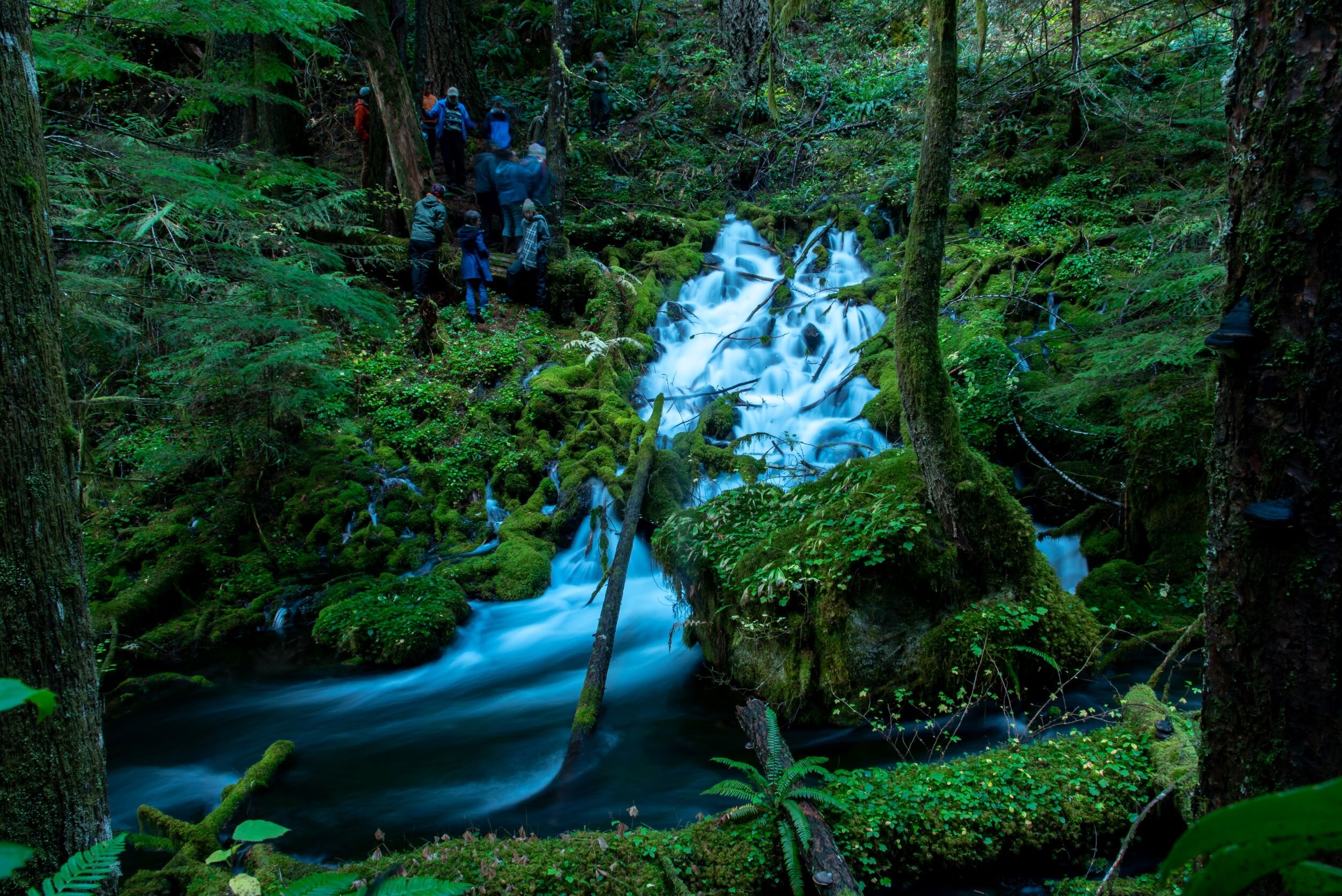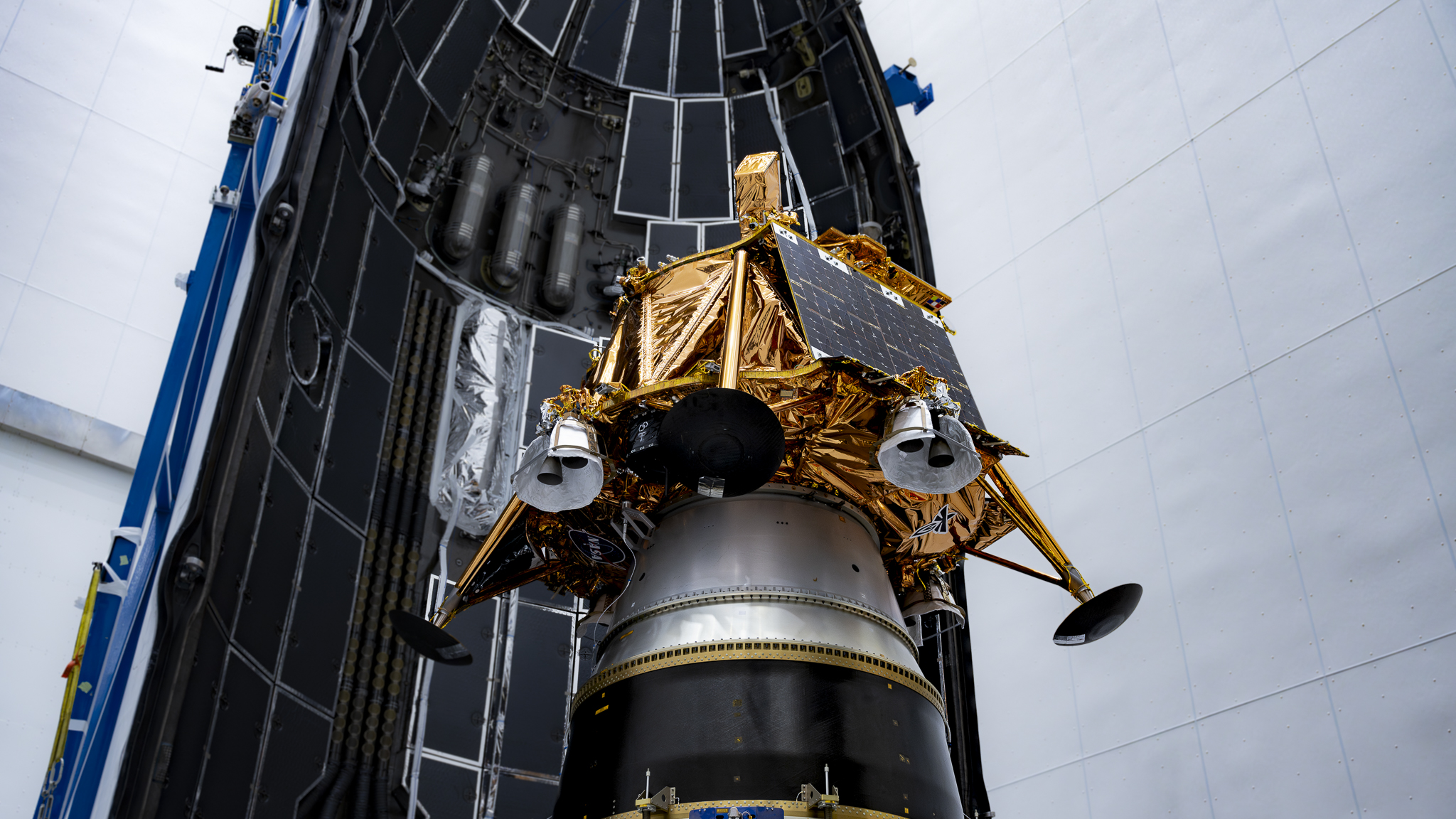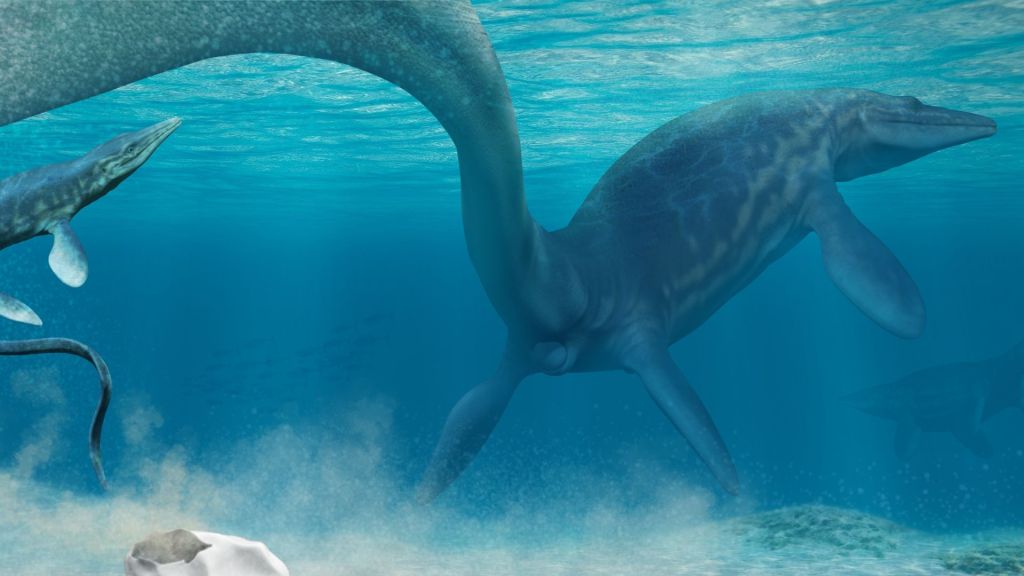Aida Daily: California's Fiery Insurance Squeeze / NATO's Baltic Sentry / Biden's AI Blitz
Aida Daily
Hello there! California's FAIR Plan is sizzling under pressure, NATO's Baltic Sentry is on high alert, and Biden's AI blitz is powering up. Meanwhile, Oregon's water vault and lunar missions make waves. Dive in!
California's Fiery Insurance Squeeze

California's FAIR Plan is burning up, holding just $377 M against wildfire claims that could skyrocket to $30 B, especially after the devastating 2024 Los Angeles fires. With over 200,000 policies now insured, experts warn a potential $1,000 surcharge looms for homeowners if losses overflow. Insurance Commissioner Ricardo Lara's new regulations aim to cool the market, but climate change keeps fanning the flames, sparking concerns about the plan's long-term sustainability.
NATO's Baltic Sentry: Guarding the Undersea Superhighways

In early 2025, NATO kicked off 'Baltic Sentry' to patrol the Baltic Sea after a spate of undersea cable sabotages, including the notorious Estlink-2 debacle and November's double data cut. Armed with frigates, drones, and a hint of paranoia towards Russia, the mission aims to protect the 'world's information superhighways' that handle over 95% of global data. NATO Secretary General Mark Rutte assured, 'We won't let these cables swim away!' while Baltic leaders brainstormed high-tech defenses in Helsinki.
Biden's AI Blitz: Building the Future with Clean Power

On January 15, 2025, President Biden signed an executive order to accelerate AI infrastructure in the U.S., leasing federal land to private firms and streamlining permits. Aiming for a network of clean-powered data centers, the initiative targets reducing foreign AI dependence and boosting national security. While data centers could double global energy use by 2026, Biden insists on green energy to keep consumer bills in check. Environmentalists watch closely, hoping tech growth won’t steamroll climate goals.
Subglacial Volcanoes Under West Antarctica Ignite Sea Level Fears

Experts uncover 138 volcanoes lurking beneath West Antarctica's ice sheet as of 2025, sparking concerns over a volcanic-ice melt tango. Climate-induced thinning may trigger eruptions, creating a vicious cycle of more melting and volcanic activity. A complete ice sheet collapse could boost sea levels by up to 4.3 meters, threatening coastal megacities worldwide. While no penguins are in peril, humanity might need to dive into drastic coastal defenses—time to build those seawalls!
James Webb Captures First Mid-Infrared Flare from Milky Way’s Black Hole

In a stellar achievement, an international team used James Webb’s MIRI instrument to detect the first mid-infrared flare from Sagittarius A*, our galaxy’s very own supermassive black hole. This 2025 breakthrough bridges gaps in our understanding of black hole flares, previously missing in the mid-infrared spectrum.
Presented at the latest astronomical conference, the discovery revealed a 10-minute lag between mid-infrared and millimeter-wave emissions, hinting at complex electron dynamics. Kudos to the astronomers—proving even black holes have their flashy moments!
Oregon Uncovers World's Largest Hidden Water Vault

In a splashy 2024 discovery, University of Oregon scientists revealed a subterranean aquifer in the Cascade Range holding 81 cubic kilometers of water—tripling Lake Mead’s capacity! Comparable to half of Lake Tahoe, this mega-reservoir could be Oregon’s golden ticket amid climate woes. However, volcanologists worry the water could turn eruptions from simmering to spectacularly explosive. As snowpack dwindles, savvy water management becomes crucial to keeping both our taps and volcanoes in check.
Historic Dual Moon Mission Launches Today

Today, January 15, 2025, at 1:11 a.m. ET, SpaceX's Falcon 9 rocket lifts off from Kennedy Space Center, launching Firefly Aerospace's Blue Ghost and Japan's ispace Resilience to the Moon. This landmark mission marks the first time robotic landers from the US and Japan embark together, though they’ll follow separate paths. Blue Ghost aims to deliver ten NASA experiments to Mare Crisium in 45 days, while Resilience takes a leisurely orbit before deploying rover Tenacious. Meanwhile, booster B1085 eyes a splashdown on 'Just Read the Instructions'. Moon missions never looked so collaborative!
Fossil Fraud? Xenodens calminechari Under Scrutiny

Researchers are questioning the authenticity of the 72-million-year-old mosasaur Xenodens calminechari, first described in 2021 from Morocco's Ouled Abdoun Basin. Inconsistencies like two teeth per socket hint at possible forgery from the infamous Khouribga phosphate mines. Scientists are calling for CT scans to verify its legitimacy, while original author Longrich remains tight-lipped. This fossil fiasco highlights the need for transparency and stronger protections in paleontology—prehistory just got a bit more mysterious!
ChatGPT Gets Memory Boost with 'Tasks' Feature

OpenAI recently unveiled the 'Tasks' beta for ChatGPT, enabling Plus, Team, and Pro users to schedule reminders and set recurring tasks. From 'Remind me my passport expires' to weekly weekend plans every Friday, ChatGPT is stepping up as your new digital sidekick—think Siri with a brain upgrade. This move, available globally as of January 2025, paves the way for more autonomous AI features, with OpenAI hinting at even smarter updates on the horizon.
Wyze Launches AI-Powered Cam Unlimited Pro

In late 2024, Wyze amped up home security with Cam Unlimited Pro, priced at $20/month or $200/year. This subscription delivers AI-powered Descriptive Alerts like 'Small white dog playing with tennis ball at 4:04 PM,' AI Video Search, and facial recognition. Offering 60 days of cloud storage (up from 14), it rivals Ring but mainly caters to US and Canada users. While older Wyze cameras aren’t supported and Home Monitoring integration is missing, the smart features still make it a compelling choice.
Naujienlaiškis „Aida Daily“
Your AI-curated daily news briefing, spotlighting the latest in technology and global development. Stay informed with insights that matter.